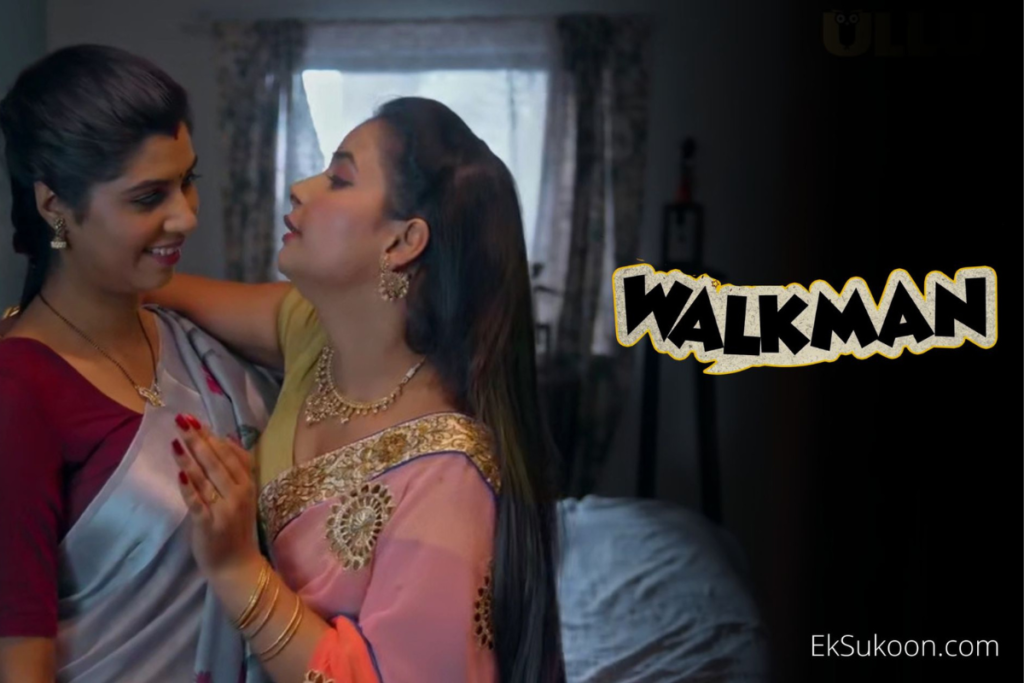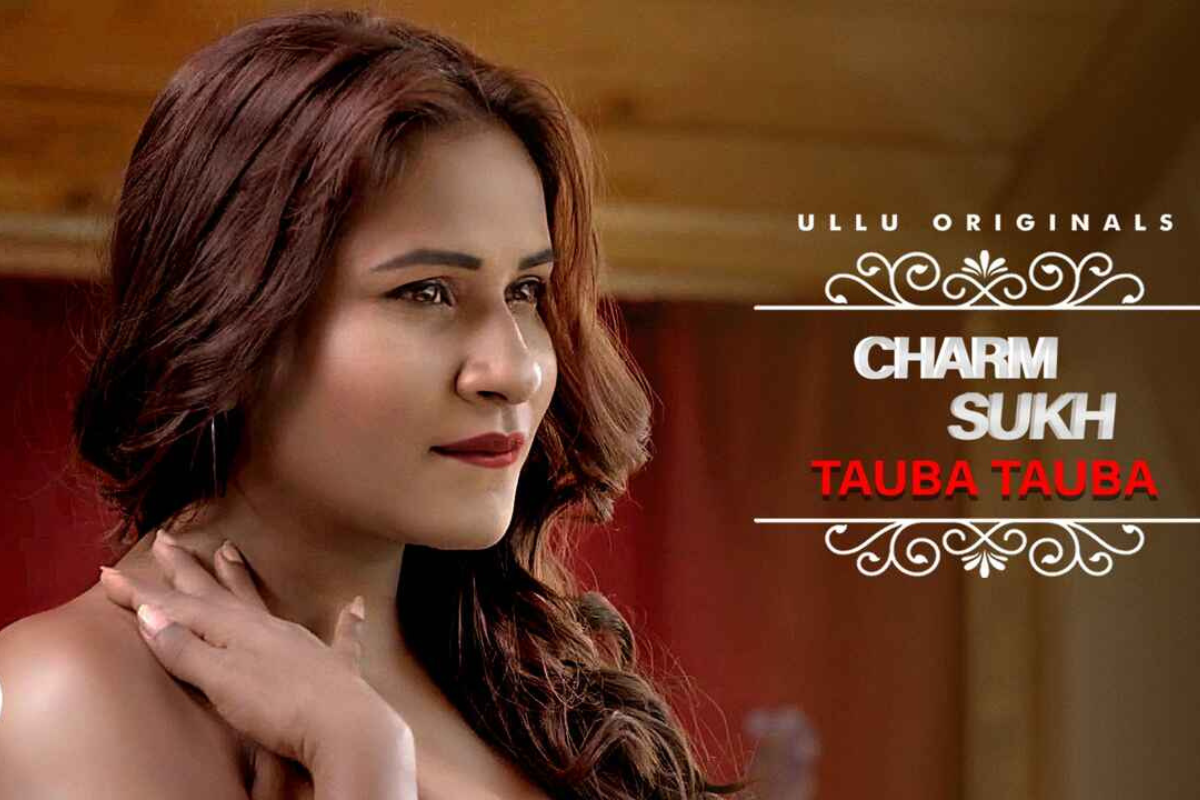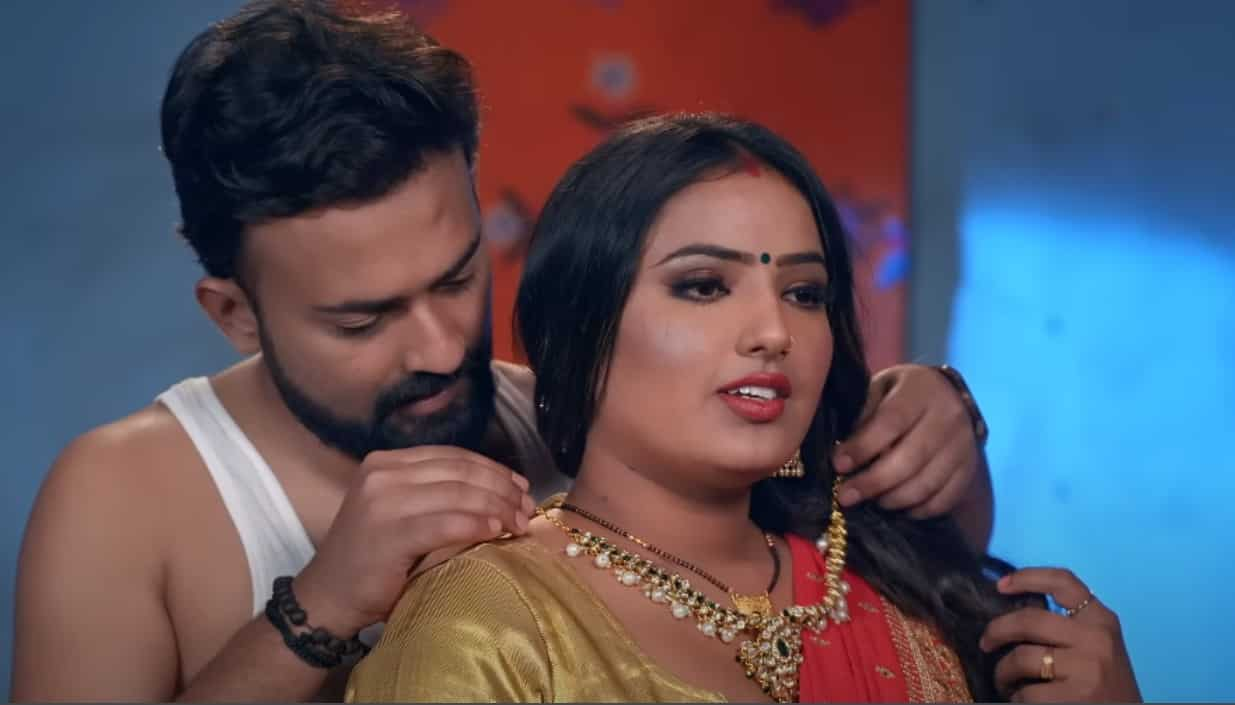Ullu Web Series: Hot & Raunchy [Details & Where To Watch!]
Detail Author:
- Name : Ova Bahringer
- Username : rigoberto16
- Email : gino.beier@marquardt.info
- Birthdate : 1982-08-26
- Address : 692 Dietrich Place East Melany, NC 05684
- Phone : +1 (682) 550-7899
- Company : Koss PLC
- Job : Police and Sheriffs Patrol Officer
- Bio : Voluptate hic ut est soluta quo eum velit. Ullam dolore quibusdam consequatur nesciunt sequi sit commodi. Recusandae repudiandae aut quis quis.
Socials
facebook:
- url : https://facebook.com/jakubowskig
- username : jakubowskig
- bio : Maiores nostrum officia exercitationem consequuntur aut possimus.
- followers : 5454
- following : 660
instagram:
- url : https://instagram.com/gina_jakubowski
- username : gina_jakubowski
- bio : Harum ut temporibus eligendi iusto. Dolor error repellat culpa consequatur corporis qui.
- followers : 3040
- following : 848
linkedin:
- url : https://linkedin.com/in/gina.jakubowski
- username : gina.jakubowski
- bio : Sit tempore sint amet a est iusto ea architecto.
- followers : 1773
- following : 294
twitter:
- url : https://twitter.com/gina3883
- username : gina3883
- bio : Vel quae est laudantium quisquam harum vel. Reiciendis laudantium ipsum ducimus quidem. Quia itaque molestiae impedit impedit.
- followers : 5195
- following : 2884
tiktok:
- url : https://tiktok.com/@gina7009
- username : gina7009
- bio : Dolores voluptatem rem excepturi accusantium voluptas architecto.
- followers : 3624
- following : 2186
Is the Indian web series landscape getting bolder, raunchier, and more controversial? Absolutely, and platforms like Ullu are leading the charge with content that pushes boundaries and sparks conversation, whether you like it or not.
Ullu, an over-the-top (OTT) platform, has carved a niche for itself by offering a steady stream of what some might call "adult" content. While the term itself is loaded with connotations, it's undeniable that Ullu's offerings often feature sexually explicit scenes and themes that are typically absent from mainstream Indian television and cinema. This has garnered both criticism and a dedicated viewership. Series like "Utha Le Jaunga," featuring Jonita D'Cruz, Rani Pari, and Neelam Bhanushali, exemplify this trend, presenting narratives that delve into complex and often taboo subjects.
One such series, "Utha Le Jaunga," is described as a raunchy romance that takes a dark turn. It centers on a married couple whose lives are upended when the wife's brother kidnaps his brother-in-law, holding him hostage with the twisted intention of impregnating his wives. The cast includes Yash Pandit, Shikha Chhabra, Tarun Khem, and Swagata, each contributing to the unfolding drama. This kind of plotline, while sensational, raises questions about consent, agency, and the portrayal of relationships on screen.
Beyond "Utha Le Jaunga," Ullu has a library of content that spans various genres, but a common thread is the emphasis on sensuality and heightened drama. Series like "Anniversary Surprise," which is divided into three parts with short episodes, cater to viewers seeking quick, easily digestible entertainment. The platform also offers titles like "Daal Chawal 2025," which, judging by its description, continues the trend of incorporating adult themes into its narratives.
The availability of such content has ignited debates about censorship, freedom of expression, and the impact of these series on societal norms. Proponents argue that adults should have the right to choose what they watch, and that these platforms provide an outlet for stories that are often suppressed in more conservative media environments. Critics, on the other hand, express concerns about the objectification of women, the normalization of exploitative scenarios, and the potential for these series to influence attitudes and behaviors, especially among younger viewers.
Navigating the world of OTT platforms like Ullu requires a discerning eye. While the promise of bold and uncensored content can be enticing, it's crucial to approach these series with a critical mindset. Consider the context in which they are created, the messages they convey, and the potential impact they might have on your own perceptions and beliefs. Ultimately, the responsibility lies with the viewer to make informed choices and engage with media in a thoughtful and responsible manner.
| Aspect | Details |
|---|---|
| Platform Focus | Content provider of niche and explicit web series, Ullu originals web series , hindi hot web series , hindi porn web series , hot hindi sex video , ullu originals hot sex video |
| Notable Series | "Utha Le Jaunga" (featuring Jonita D'Cruz, Rani Pari, Neelam Bhanushali), "Anniversary Surprise", "Daal Chawal 2025" (described as a hindi sex web series), "Taras", and "O Sajni Re" (before Ullu's content break) |
| Actors Featured | Yash Pandit, Shikha Chhabra, Tarun Khem, Swagata |
| Content Nature | Raunchy, often revolves around taboo themes, incorporating adult situations and sex scenes |
| Debates Around Content | Focus on freedom of expression vs. censorship, concerns about objectification and potential societal impact |
| External Platforms | Uiporn.com (external site for viewing Ullu-related adult content), Xhamster (another platform with Indian web series content) |
| Viewer Discretion | Emphasized due to the nature of content |
| Related Search Terms | Ullu, indian, indian web series, indian bhabhi, desi, uncut and many other |
OTT platforms have undeniably transformed the way we consume entertainment. With their vast libraries and personalized recommendations, they offer a seemingly endless stream of content at our fingertips. However, this abundance also presents a challenge: how do we navigate this landscape responsibly and ensure that we are not passively consuming content that may be harmful or exploitative?
One crucial step is to be aware of the biases and perspectives that are embedded in the content we watch. Whether it's a news report, a documentary, or a fictional series, every piece of media is created from a particular point of view. Recognizing this allows us to critically evaluate the information presented and avoid blindly accepting it as truth. This is particularly important when dealing with content that touches on sensitive social issues, such as gender, race, or sexuality.
Another key aspect of responsible media consumption is to seek out diverse voices and perspectives. Rather than relying solely on mainstream media outlets, explore independent sources, documentaries, and content created by marginalized communities. This can help broaden our understanding of the world and challenge our own assumptions and biases. It can also expose us to different forms of storytelling and artistic expression.
In addition to being critical and diverse in our viewing habits, it's also important to be mindful of the time we spend consuming media. Excessive screen time can have negative impacts on our mental and physical health, as well as our relationships with others. Setting boundaries and prioritizing real-life interactions can help us maintain a healthy balance and avoid becoming overly reliant on digital entertainment.
Furthermore, it's essential to engage in open and honest conversations about the content we watch with friends, family, and colleagues. Discussing the themes, messages, and potential impacts of media can help us process our own thoughts and feelings, as well as gain new insights from others. It can also create a sense of community and shared understanding.
Finally, supporting ethical and responsible media creators is a powerful way to promote positive change in the industry. By choosing to watch content that is created with respect, integrity, and a commitment to social justice, we can help incentivize others to follow suit. This can also involve advocating for greater diversity and representation behind the scenes, as well as supporting independent filmmakers and artists who are working to create meaningful and impactful stories.
The rise of OTT platforms has brought about a wealth of opportunities for both creators and viewers. However, with this abundance comes a responsibility to engage with media in a thoughtful, critical, and ethical manner. By being mindful of the content we consume, seeking out diverse voices, and supporting responsible creators, we can help shape the future of entertainment and ensure that it serves as a force for good in the world.
One of the challenges in today's media landscape is the prevalence of misinformation and disinformation. With the ease of sharing content online, it's becoming increasingly difficult to distinguish between fact and fiction. This can have serious consequences, as false information can spread rapidly and influence public opinion, political decisions, and even individual behavior.
To combat this problem, it's crucial to develop strong critical thinking skills and learn how to evaluate the credibility of sources. This involves questioning the motives of the author, examining the evidence presented, and comparing the information with other reliable sources. It also means being aware of our own biases and assumptions, as these can often cloud our judgment.
Another important step is to be cautious about sharing information online, especially if we haven't verified its accuracy. Before hitting the "share" button, take a moment to check the source, read the article carefully, and look for any red flags that might indicate it's fake news. If you're unsure, it's always better to err on the side of caution and avoid sharing the information altogether.
In addition to being vigilant about the information we consume and share, it's also important to support organizations and initiatives that are working to combat misinformation. This can involve donating to fact-checking websites, volunteering our time to educate others about media literacy, or advocating for policies that promote transparency and accountability in the media industry.
Another area of concern in the media landscape is the impact of algorithmic bias. Many OTT platforms and social media sites use algorithms to personalize the content we see, based on our past viewing habits and preferences. While this can be convenient, it can also create "filter bubbles" that limit our exposure to diverse perspectives and reinforce our existing beliefs.
To break out of these filter bubbles, it's important to actively seek out content that challenges our assumptions and exposes us to new ideas. This can involve following people on social media who have different viewpoints than our own, subscribing to news outlets that cover a wide range of topics, or simply making an effort to watch documentaries and films that explore different cultures and perspectives.
It's also important to be aware of the ways in which algorithms can manipulate our emotions and behaviors. Many platforms use techniques such as "gamification" and "social comparison" to keep us engaged and coming back for more. These techniques can be addictive and can lead to feelings of anxiety, depression, and social isolation.
To mitigate these risks, it's important to set boundaries on our screen time and be mindful of the ways in which platforms are trying to influence us. This can involve turning off notifications, unfollowing accounts that make us feel bad about ourselves, or simply taking breaks from social media to engage in other activities.
The media landscape is constantly evolving, and it's up to us to adapt and develop the skills we need to navigate it responsibly. By being critical, diverse, and mindful in our viewing habits, we can ensure that media serves as a tool for education, empowerment, and social change, rather than a source of manipulation and division.
Platforms like Ullu have undeniably shifted the landscape of Indian entertainment, introducing a level of explicitness and boundary-pushing content previously unseen in mainstream media. This has spurred conversations about censorship, artistic freedom, and the responsibility of content creators. While Ullu's offerings may not appeal to all viewers, they have carved a niche for themselves by catering to a specific audience seeking bold and unconventional storytelling.
The key to navigating this evolving media landscape lies in conscious consumption. Viewers must be aware of the potential biases and impacts of the content they choose to watch, engaging with it critically and responsibly. This includes considering the messages being conveyed, the representation of different groups, and the potential influence on personal attitudes and behaviors. By adopting a discerning approach, individuals can make informed choices about the media they consume and contribute to a more thoughtful and diverse entertainment ecosystem.
The debate surrounding platforms like Ullu highlights the tension between artistic expression and societal norms. While some argue for complete creative freedom, others advocate for greater regulation to protect vulnerable audiences and prevent the exploitation of certain groups. Finding a balance between these competing interests is a complex challenge that requires ongoing dialogue and collaboration between content creators, regulators, and the public.
Ultimately, the success of platforms like Ullu depends on their ability to provide content that is both engaging and responsible. This means prioritizing quality storytelling, diverse representation, and ethical production practices. By demonstrating a commitment to these values, Ullu and other OTT platforms can contribute to a richer and more meaningful entertainment landscape for all.
In conclusion, the rise of OTT platforms like Ullu has brought about significant changes in the way we consume entertainment. While these platforms offer a vast array of content and unprecedented creative freedom, they also present challenges related to censorship, responsibility, and the potential for harm. By adopting a critical and discerning approach to media consumption, individuals can navigate this landscape responsibly and contribute to a more diverse and ethical entertainment ecosystem. The future of Indian entertainment will depend on the ability of content creators, regulators, and the public to engage in open dialogue and collaborate towards a shared vision of responsible and engaging storytelling.


